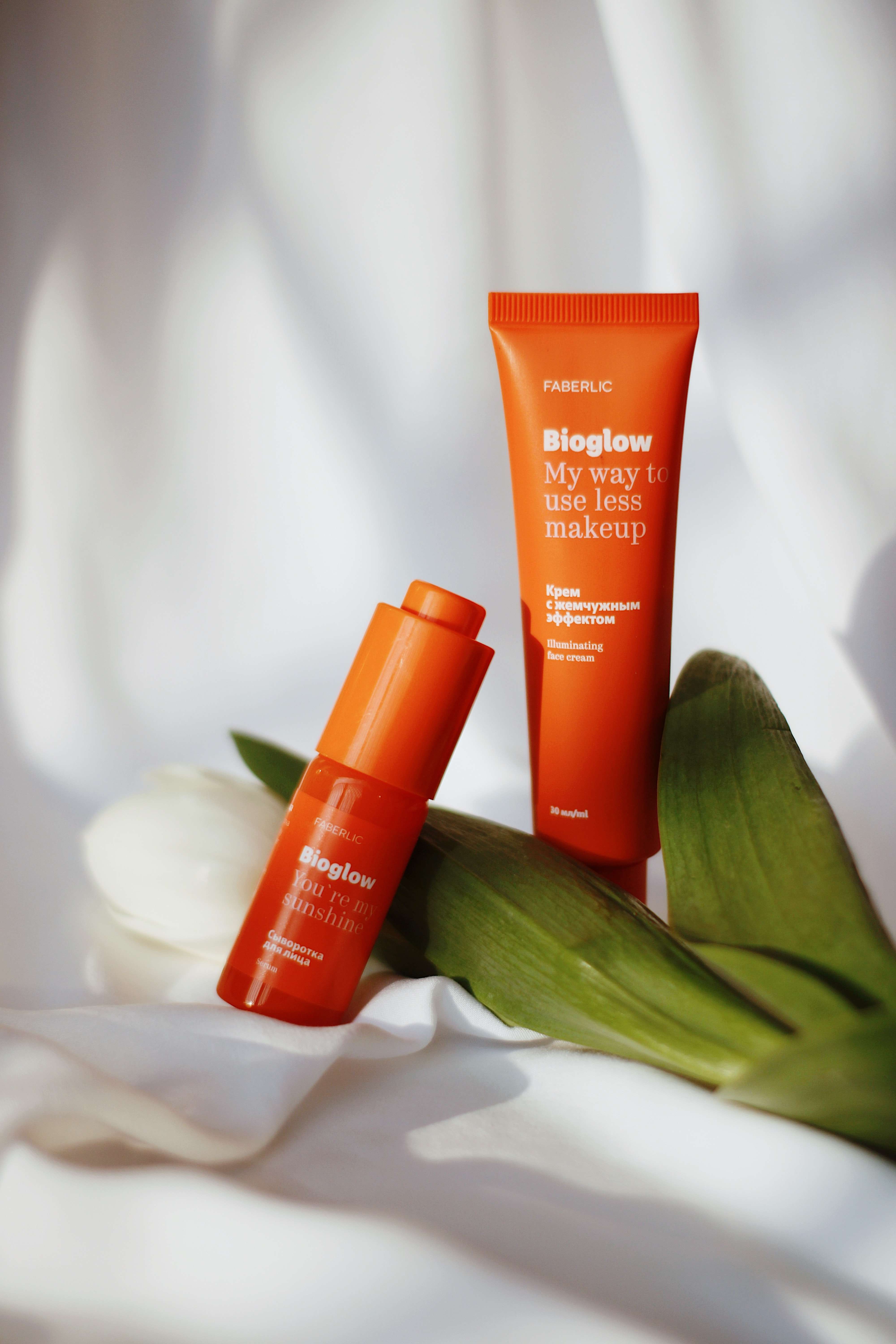

Oct 19,2023
The cosmetic tube is packaging. It's for shipping and selling cosmetics, like lipsticks, eye shadows, and foundations. You can also use it for toothpaste, shampoo, and other liquids. Great makeup tips exist. They can enhance customer experiences. Customers will come back for more. They won't feel less beautiful!
There are many types of cosmetic tubes, but they are mainly in three forms. Cosmetic tubes come in a variety of sizes and shapes.
These can vary depending on the product that is going to be filled inside it. Similarly, the color which you pick for your tube will impact how attractive it looks. Cosmetic companies use these tubes to add value to their products.
Branding your product is crucial. It comes before a content strategy. The sugarcane tube design industry is evolving. More companies experiment with creative designs. Rebranding seems obvious if you're behind.
But developing a core identity first isn't always wise. Consider local laws in your strategic branding program. Seattle's logo is "Seattle Cool." It has a dot on its bars showing altitude. This could be offensive to people in lower-altitude cities or near mountains.
Selling luxury cosmetics doesn't mean your customers are affluent. Finding target markets and personas is essential. You need to know your product's target audience.
This knowledge helps choose the right palettes and styles. For instance, an MLM makeup line with unknown branding. They might succeed by targeting professional women in their 30s. This is more effective than targeting tweens.
Is your packaging in need of professional assistance? If the answer is yes, then one option you might want to explore is getting in touch with a packaging designer. Professionals with insight understand various marketing directives.
They differentiate between offline and online product promotion. When creating an optimal package design, consider many steps. These steps include product details, formulating processes, and claims. Your package design should prioritize these factors. But what about the size of your bottles and canisters?
How will you get products safely up to consumers’ refrigerators after delivery on a hot summer's day even if no one is home? Or conversely, how will customers be able to store large quantities at their leisure in condominiums or personal homes away from extra refrigerator assignments that might not match the food they’re storing it in.
When designing your company's final packaging, there are four key considerations to keep in mind. These considerations revolve around the weight and play a crucial role in the selection of an industrial container.
However, it's important to note that weight is not the only factor. Additionally, you should think about the required security for storage. Another aspect to address is the product's freshness duration and any potential shelf life limitations.
The type of container you'll choose for your items is the basis of plastic tube packaging design. You may have a starting point for your design based on the product you're selling. Having a container ready for different cosmetic product packagings is crucial.
These products include bottles (glass and plastic), boxes, compacts, droppers, jars, packets, palettes, pumps, sprayers, tins, and tubes. A packaging design centers around branding, displaying a company's identity on a product. Your cosmetics or health products may target women with sensitive skin and various skin problems, like eczema, psoriasis, and rosacea.
The aesthetic aspect of packaging should create an attractive, sophisticated, and approachable brand, while remaining functional for both cosmetics and health and wellbeing.
Our Glasgow packaging design studio collaborates on various cosmetic product designs. We work closely with you to create your cosmetics packaging schemes. This includes individual bottle or box lot packaging. We take several factors into account.
These factors include your company's size (whether big or small), production capacity, tax responsibility, and, most importantly, your cosmetic product's qualities. For instance, we consider factors like effectiveness and aesthetics. The full spectrum of packaging solutions is provided to you.
Any of these items are designed to make the buyer feel beautiful, good, and special. The way to get their minds around trying your product is by telling stories involving the customers in a variety of situations where the product would use so that the very idea of not owning one can seem cumbersome, strange, and out of place.
Another way to initiate the sale is to ask for an immediate commitment from the customer and tell them that if they don't take action now, you may never have another opportunity like this one.
Your goal here isn’t necessarily just selling a single product it's making sure there is a line of products in the future where their unique needs can be addressed with your service or device. If you follow these steps and exit each call with a sense of confidence and accomplishment, you've made a sale. With the tools as perfect as yours, there isn't anything that couldn't be sold if it was unique enough to a specific clientele."
Read more: